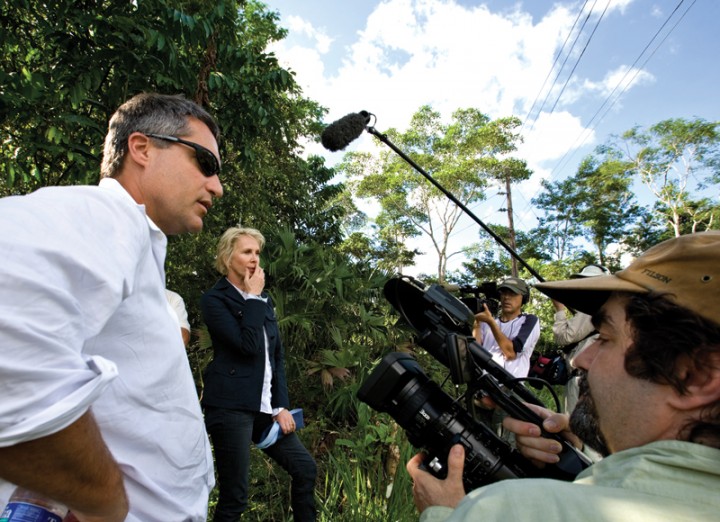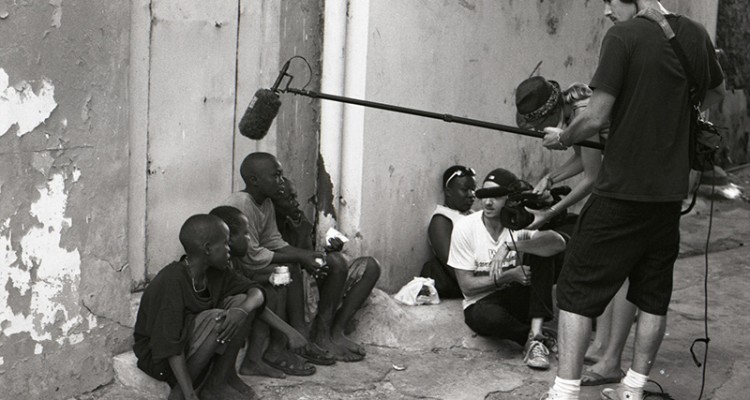
Documentary filmmakers are lurking in murky waters when it comes to ethical challenges. They are aware that boundaries need to be set and that there should not be an abuse of power, yet there aren’t any clear solutions to ethical challenges. These filmmakers are conveying a message and they obviously need material that supports that message so if they have the right material but not the right emotion, they may ask to redo an interview that takes someone to their breaking point. This scene creates a powerful impact for everyone involved, the subject and the filmmaker in the moment and also to all of the viewers who witness this scene. There are many people in the industry who are calling for more parameters when dealing with ethical challenges.
There are three main ethical challenges that arise for documentary filmmakers; their subjects, viewers, and their envisioned artistic presentation. As of now, there isn’t a specific documentary code of conduct for ethical standards, simply a floating version that most, but certainly not all, abide. Some of these ethical codes that are universally adopted include doing no harm, protecting the vulnerable, and honoring the viewer’s trust.
Ethics are certainly the baseline of most documentary films given the content and the realism of these projects. Filmmakers are documenting real people, with real issues that generally come from dark places to shed light on the focus and bring it to the world’s attention. If these matters were light, there may not be such a need for an ethical code of conduct but when dealing with people who have been brutally beat and are retelling their story for the public to hear first hand, these subjects certainly need to be protected.

As of now, most filmmakers make their ethical decisions on a case by case basis. Some filmmakers felt there wasn’t a need to protect certain subjects because the harm inflicted was self-induced or those subjects have access to the media and representing themselves in the eye of the public such as a celebrity or politician. Filmmakers also admit to rearranging facts and sequences of events in order to tell a more effective story that actively captured the overall truthfulness of what is occurring.
Matters are complicated with financial pressures, productivity and deadlines, and social pressure. Dealing with ethical challenges needs to be regulated with emphasis on these issues rather than relying on each filmmaker’s independent moral compass. One of the ways to achieve such an understanding would be to openly discuss these active ethical challenges that filmmakers confront regularly and develop a common understanding of how to balance the demands of external factors (funding, production, deadlines) with the conservation of subjects and preservation of facts.
Ethics aren’t the only challenge while working on a documentary; many others can pop up along the way that can cause headaches and delays. At NYFA, we educate our students on what they can expect so they’re ready when problems arise. Explore our Documentary Filmmaking page to learn more.
